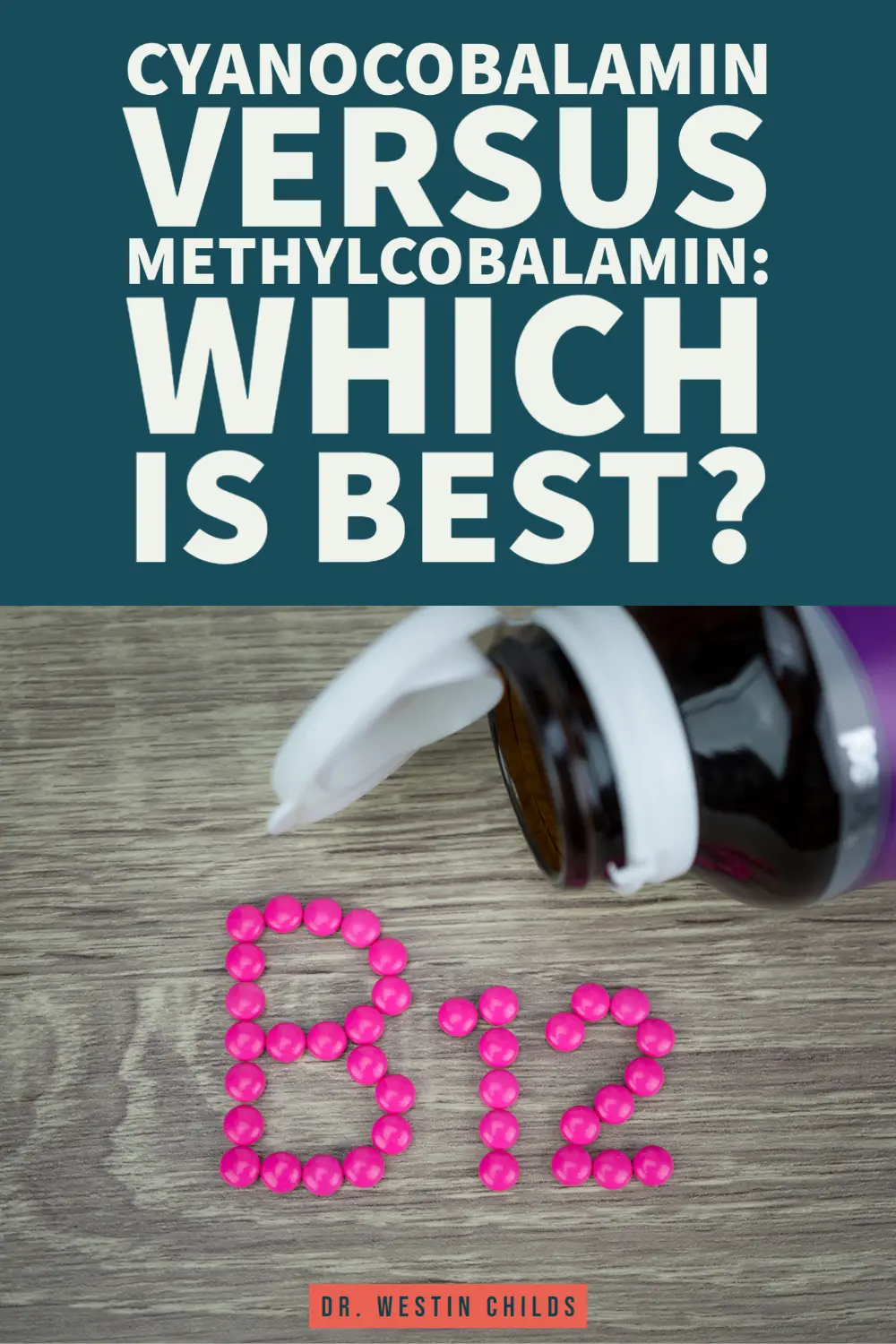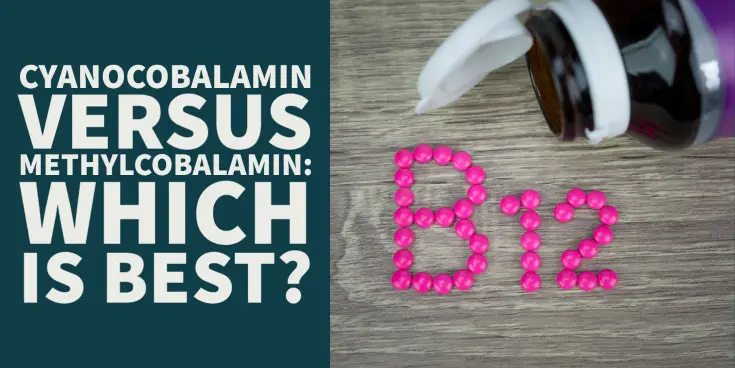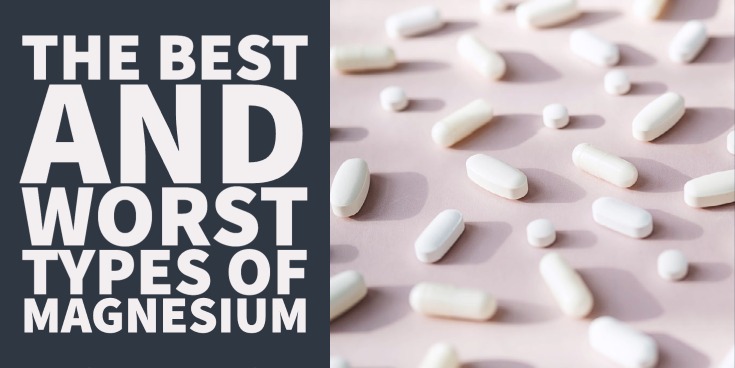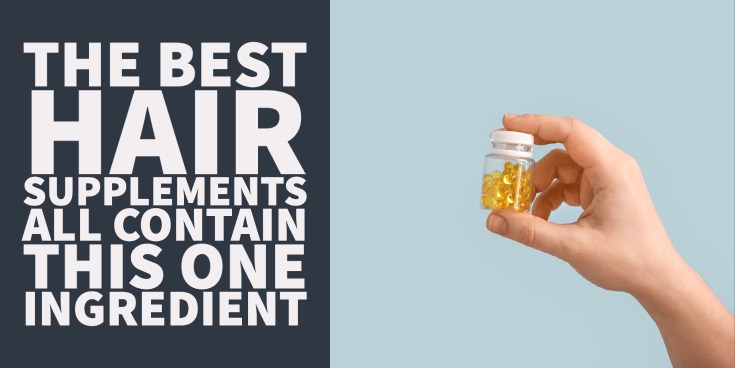B12 deficiency is incredibly common among people of all age ranges.
And despite the fact that we fortify B12 in just about every type of energy drink or “energy” supplement imaginable, B12 deficiency still rears its head.
Why is that?
It has to do with how difficult it is for the body to absorb B12 in the intestinal tract.
B12 absorption starts in the stomach with something called intrinsic factor (1) and eventually makes its way to the small intestine where it is fully absorbed.
From there it must make it into the body and get activated by the right enzymes before your body can use it.
But it turns out that this path is fraught with dangers that can and do impact vitamin B12 along the way.
One of the most common causes of B12 deficiency is inflammation in the stomach.
It’s estimated that a huge portion of the population (2) (up to 50%) suffer from subclinical gastritis (inflammation in the stomach) from a bacteria known as H. pylori.
This low-grade gastritis, found in up to 50% of people, is enough to slowly cause problems with B12 in your body.
And because it’s subclinical, it’s not caught until you are much older, typically in your 60’s.
So even if you don’t have a gross deficiency of B12 throughout your life, you may feel the biochemical effects of subclinical B12 deficiency in energy production and how you feel.
This is where B12 supplements step in:
You can use B12 supplements to help provide your body with the B12 that it needs with one caveat:
It only works if you used the RIGHT type of B12.
With that in mind, let’s talk about the difference between the various version of B12 and whether or not they are created equal.
What’s the Difference between Cyanocobalamin and Methylcobalamin
The difference between cyanocobalamin and methylcobalamin is actually very simple.
Both of these products are considered B12 so they don’t differ in that aspect.
Where they differ is in what is attached to the B12.
You can think of this as a carrier product that simply holds onto the B12 portion.
These attachments/carriers help do a number of important things:
Stabilize the active component (in this case B12). Potentially alter when it is absorbed and in what part of the gut. Alter how difficult it is for the body to assimilate or use it. And lastly, they can provide the body with the necessary or unnecessary substrate when the carrier product is cleaved from the B12 by the body.
This is where things get interesting:
In the case of cyanocobalamin, B12 is attached to cyanide.
You know, the same chemical compound that can be potentially fatal in large doses to humans.
In the case of methylcobalamin, B12 is attached to a methyl group.
Both of these attachments are really just variations of carbon and hydrogen atoms but the difference between the two is important.
Most formulations of B12 come in the cyanocobalamin form simply because it’s cheaper to produce and manufacture.
But there’s one big problem:
Those who take cyanocobalamin typically don’t feel any better, even while using large doses of B12.
Furthermore, cyanocobalamin is not a form of B12 which is naturally found in nature.
Cyanocobalamin is a human creation that does the job of getting the B12 into the body but may not do the best job at allowing the body to utilize it.
That’s where methylcobalamin steps in.
Methylcobalamin is attached to a methyl group and your body is very accustomed to using methylation intracellularly.
Methylcobalamin also comes pre-activated compared to the cyanocobalamin version.
There are many steps involved in processing B12 before your body can use it and one of those steps is the methylation process.
One enzyme, in particular, plays an important role in this process, and it’s known as MTHFR or methylenetetrahydrofolate reductase (3).
The methylated version of B12 can bypass some of the processing required by the body in order for utilization.
Put simply:
Taking methylcobalamin allows the body to more easily use the B12 you are consuming.
You can compare this to cyanocobalamin which requires extra steps to be used by the body assuming it actually makes it into the body through the gut.
How does Hydroxycobalamin Compare?
We’ve talked about both cyanocobalamin and methylcobalamin but there are other forms of B12 that you should know about.
One such version is known as hydroxycobalamin and this form of B12 occurs in nature much like methylcobalamin.
Hydroxycobalamin is another pre-activated form of B12 found in animal proteins such as beef (4).
In fact, animal protein contains a number of pre-activated B12 versions including methylcobalamin, hydroxycobalamin, and adenosylcobalamin.
You can compare this to cyanocobalamin which does not naturally occur in nature.
It should tell you something when the primary version of B12 found in most over-the-counter supplements does not occur in nature (cyanocobalamin).
The version of B12 that our body does BEST with includes those versions which are pre-activated, pre-methylated, and ready for utilization by the body.
Hydroxycobalamin, much like methylcobalamin, is another variant of B12 which can be easily used by the body.
When in doubt, opt for either a hydroxycobalamin or methylcobalamin supplement for this reason.
Is Cyanocobalamin Harmful?
I mentioned it briefly above but I want to dive into a little more detail here.
Because cyanocobalamin contains cyanide there are many people who are worried about potential issues with toxicity when consuming this form of B12.
But is it really an issue?
It turns out that it probably isn’t.
Your body is an all-star at detoxification and cleaving apart proteins for elimination and it does this quite well with cyanide found in cyanocobalamin.
Even though it’s unlikely to cause serious toxicity or injury, you have to ask yourself if it’s worth it to put this form of B12 into your body knowing that it must be eliminated and detoxified.
My personal thought is that it is always preferable to use naturally occurring sources of vitamins/nutrients whenever possible and to avoid man-made synthetic versions.
B12 Injections vs Sublingual B12 vs Oral B12
Hopefully, by now you have realized the importance of the different types of B12 available and how these forms impact the utilization of B12.
The next thing we need to discuss is how you get that B12 into your body.
It’s well known that B12 absorption can be somewhat fickle so attempts have been made to try and bypass the gut while still getting it into your body.
There are 3 main ways that you can get B12 into your body:
- Oral supplements taken and swallowed by the mouth then go into your gut to get absorbed
- Sublingual supplements that supposedly get absorbed under the tongue which then bypass the gut
- And intramuscular or subcutaneous injections that bypass the gut entirely by being injected straight into the muscle
At first glance, it seems that the sublingual option is probably the best.
But I’m not convinced that B12 is readily absorbed via the sublingual route.
Studies (5) do show that sublingual B12 supplements do raise serum B12 levels but my personal experience suggests that sublingual supplements are probably not absorbed very well under the tongue.
It’s more difficult than you think for certain products to get absorbed under the tongue.
Some compounds take longer than others, some compounds require carriers to get across the membrane, and some compounds are too big to make it.
Even though B12 is small enough to cross the membrane, I’m not convinced that most of it makes it through the tissue under the tongue before it is washed away by saliva and taken down your throat into the gut.
I’ve seen a number of people who take sublingual versions of B12 who do not feel any better until they start taking B12 injections.
This suggests to me that the absorption under the tongue is not as good as most people think.
On the other hand, it’s not necessarily ideal or practical to stick a needle in your arm once a week or more frequently to get your dose of B12.
So what should you do?
One thing you can do to overcome absorption issues in the gut is to mega-dose your B12.
It turns out that you can brute force B12 absorption in the gut by bypassing the need for intrinsic factor when using large doses.
Physiologically, a small percentage of B12 can make it across your intestinal tract without intrinsic factor.
You can take advantage of this absorption method by simply increasing the dose of B12 that you take.
But note that this only solves the absorption issue, it doesn’t solve the activation issue once it makes it into your body.
You can megadose cyanocobalamin but it probably won’t have much impact on your body if you have issues with the activation process.
It’s far better to megadose with B12 versions such as methylcobalamin, hydroxycobalamin, or adenosylcobalamin.
How much Methylcobalamin or Hydroxycobalamin Should you Take?
How much you take really depends on you, the level of B12 in your body, how well your body absorbs that B12, and whether or not you have issues with activating that B12 once it is absorbed.
That’s probably not what you want to hear, but it is the case!
What this means for you is that it will take some element of trial and error to really figure out how much B12 you should be taking.
I can give you some additional guidelines to go on, though.
The first is that you really shouldn’t be afraid to take a lot of B12.
B12 is a water-soluble vitamin which means that the risk of overdose is virtually zero.
Any extra B12 that you consume will be eliminated by your kidneys and in your urine.
Second, the RDA for things like B12 really doesn’t take into account the issues that we have mentioned here so don’t be afraid to take doses that are several times higher than the RDA.
Third, there is a big difference between biochemical B12 deficiency and B12 deficiency symptoms.
Many people walking around, including you, probably do not have gross symptoms of B12 deficiency but if we probed your blood for certain biochemical markers you would probably show signs of B12 deficiency.
Fourth, standard lab tests such as serum B12 are poor indicators of intracellular B12 levels.
Whenever you take a B12 supplement you will see your serum B12 level skyrocket.
This can freak out doctors who proclaim that you are “overdosing on B12!” when the reality is that your serum levels can be high but your cells may still be deficient.
Furthermore, with functioning kidneys, the risk of overdose is basically zero.
So what should you do?
I would start out with a B12 supplement that contains either methylcobalamin, hydroxycobalamin, or adenosylcobalamin and experiment with 1-4 capsules per day.
Spread those capsules up throughout the day (don’t take them all at once) and over the course of the next 2-3 months monitor how you are feeling.
Your body will tell you if you are on the right track.
If this fails, don’t be afraid to try swapping around between various types of B12 routes.
You may find that switching to B12 injections or to sublingual B12 may be better for your body compared to oral supplements.
Final Thoughts
B12 deficiency is incredibly common and even though many people supplement with B12 they may not be getting the beneficial effects due to problems with absorption and utilization by the body.
Whenever possible, avoid B12 supplements that contain cyanocobalamin and opt for supplements that contain methylcobalamin.
Methylcobalamin comes pre-activated and is much easier for the body to use and process.
In addition, methylcobalamin is a form of B12 found in nature which makes it ideal compared to cyanocobalamin.
Now I want to hear from you:
Do you know or suspect that you have a B12 deficiency?
Are you currently taking B12 supplements?
If so, what type of B12 are you using?
Have you had success using sublingual B12 or B12 shots?
Leave your questions or comments below!
Scientific References
#1. https://www.ebmconsult.com/articles/vitamin-B12-absorption-mechanism-intestine-intrinsic-factor
#2. https://pubmed.ncbi.nlm.nih.gov/31334970/
#3. https://www.cdc.gov/ncbddd/folicacid/mthfr-gene-and-folic-acid.html
#4. https://pubmed.ncbi.nlm.nih.gov/24361556/
#5. https://pubmed.ncbi.nlm.nih.gov/29499976/









